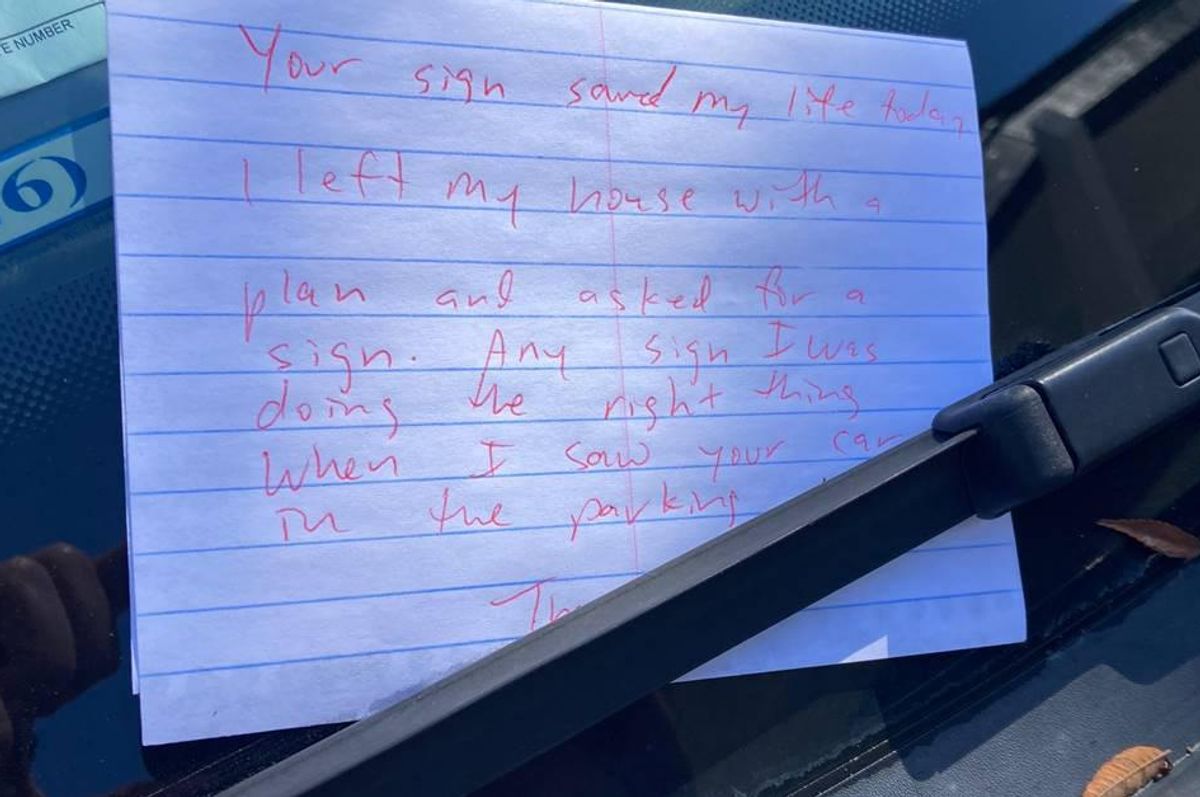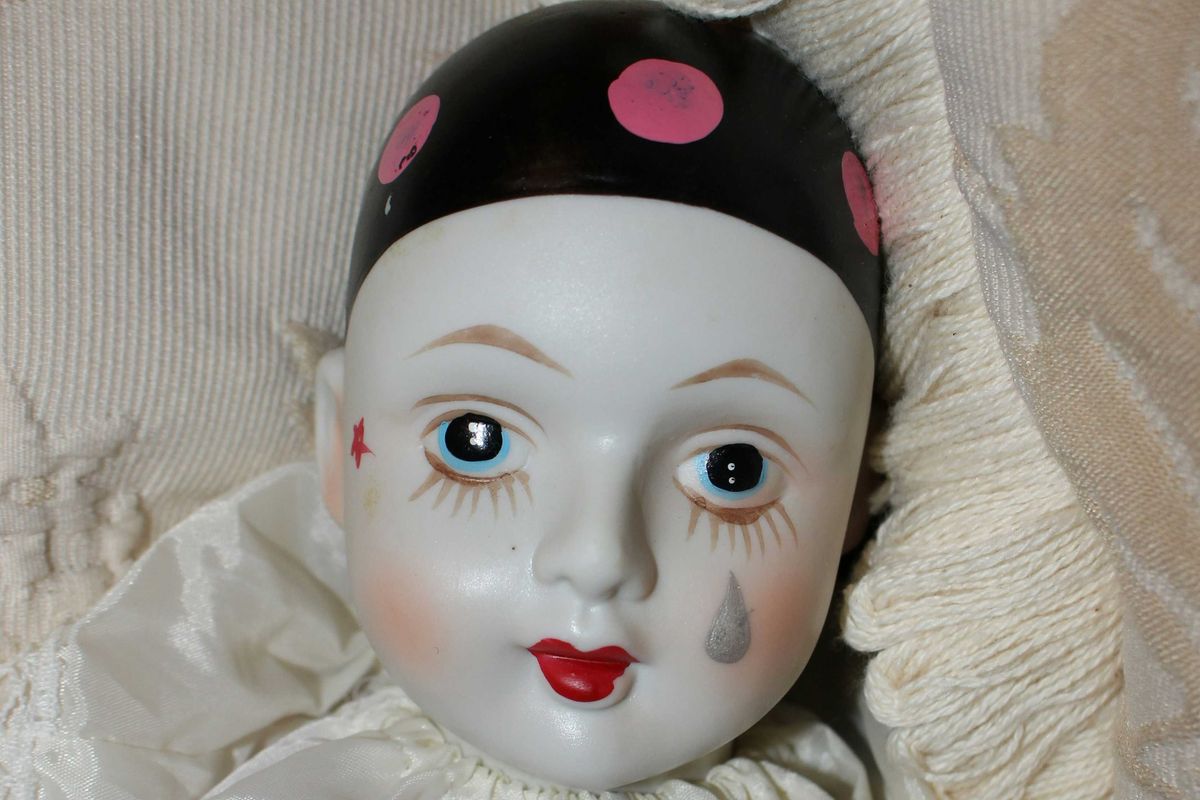A lot of people reach for convenient items advertised as healthy when they're short on time. The rise of health and fitness influencers has also contributed to the proliferation of confusing information about what is considered healthy, and what actually is. It's no wonder people sometimes make unhealthy choices, believing they're doing right by their body.
Some people took it upon themselves to parse out the gimmicks from the multi-million dollar health and fitness industry. Their revelations may surprise you. If you've fallen for the hype of an item or product that turned out to be a dud, it's not your fault. Some things are heavily marketed as healthy, while others are things we've grown up believing were healthy. In a world that can feel oversaturated with information, it can be difficult to have time to research everything.
Suddenly, everyone's drinking green juice or swearing by a new protein bar. Since the bars promise to taste like raw cookie dough without the risk of salmonella, you throw a few boxes in your grocery cart, hoping for the best. After all, it claims to provide all of the vitamins for the day, and you don't have time to cook.
 Homemade granola bars with chocolate chips – perfect for a delicious snack!Photo credit: Canva
Homemade granola bars with chocolate chips – perfect for a delicious snack!Photo credit: Canva
Instead of wondering, here are some things people think are healthy, but actually aren't, and what you can replace them with instead:
1. Cereal, granola, and protein bars
Cereal bars are quick to grab when you're running late. The same goes for granola and protein bars. Some people even use them as a meal replacement, but they're not as healthy as people like to believe. If you flip over the package, you'll be met with a high sugar content and very little actual protein in many cases. One person in the Ask Reddit thread is aghast, "We all need to be taught how to read nutrition labels. I was and am still absolutely shocked by the amount of sugar and sodium that are in most packaged foods, throw serving size in there, and it's totally bananas."
Try this instead:
If the goal is to make a healthier morning selection while still packing in a little extra protein, eating whole fruits with a side of peanut butter will fill you up. Whole vegetables, cheese cubes, or mixed nuts are also easy to grab but are full of needed vitamins and healthy fats, minus the high sugar content. Good RX reminds people, "Eggs aren’t just a morning treat. Make a batch of hard-boiled eggs to have on hand as a high-protein snack. One hard-boiled egg contains over 6 g of protein."
 Refresh with a healthy green juice boost.Photo credit: Canva
Refresh with a healthy green juice boost.Photo credit: Canva
2. Detoxes
There's a detox for everything. One person shares in a Reddit thread about things people think are healthy, but aren't, because detoxes don't work in the area you're expecting. They write, "Detoxes / cleanses are great for clearing out your wallet." According to the National Institutes of Health (NIH), some detoxes contain laxatives that may cause acute diarrhea, which can lead to dehydration and malabsorption. The organization also explains that, "Some juices used in 'detoxes' and 'cleanses' that haven’t been pasteurized or treated in other ways to kill harmful bacteria can make people sick." Others may result in kidney stones for some users due to the high amount of oxalate found in leafy green foods, often used for green detox juices.
Try this instead:
Instead of taking your chances on a detoxing cleanse, Alix Leestma, RDN, CSOWM, senior dietitian at MultiCare Center for Weight Loss & Wellness, tells MultiCare Vitals that staying properly hydrated and eating a balanced diet will allow your body to detox properly. People's liver and kidneys are designed to detox your body naturally. “When dehydrated, our blood is more concentrated," Leestma says, "But when adequately hydrated, you’ll have the same amount of toxins in the blood but in smaller concentrations, which is easier on the kidneys to filter through.”
 Making fresh orange juice in the kitchen. 🍊Photo credit: Canva
Making fresh orange juice in the kitchen. 🍊Photo credit: Canva
3. Juicing/fasting
Juicing is a way people are fasting while still feeling like they're getting in their nutrients. One person voiced concerns that juicing alone wasn't effective in maintaining the nutrients of the fruit, so it's best to eat the whole fruit. Northwestern University recently did a study exploring the effects of juicing. The results were surprising.
"The juice-only group showed the most significant increase in bacteria associated with inflammation and gut permeability, while the plant-based whole food group saw more favorable microbial changes. The juice plus food group had some bacterial shifts but less severe than the juice-only group. These findings suggest that juicing without fiber may disrupt the microbiome, potentially leading to long-term health consequences," Northwestern writes. Senior author Dr. Melinda Ring, director of the Osher Center for Integrative Health at Northwestern University Feinberg School of Medicine and a Northwestern Medicine physician, says, “Most people think of juicing as a healthy cleanse, but this study offers a reality check."
Try this instead:
“If you love juicing, consider blending instead to keep the fiber intact, or pair juices with whole foods to balance the impact on your microbiome,” Ring explains. You can also eat the fruit whole to ensure you're getting the fiber needed if blending it doesn't sound as appetizing as juicing.
 Be careful with supplements.Photo credit: Canva
Be careful with supplements.Photo credit: Canva
4. High doses of supplements
There's a supplement for everything, and some people take as many as they can in an effort to fill in the gaps of their diet. But excess supplements can cause issues, one person reveals: "I got a kidney stone this way. Wasn't fun." According to Healthline, water-soluble vitamins are more benign, even when taken in higher doses, because the excess is excreted in the urine. Fat-soluble vitamins found in some supplements can cause dangerous toxicity levels that cause irreversible damage.
Katie Mohan, a 57-year-old woman, was close to needing a liver transplant after beginning a regimen of a turmeric supplement. A report of an increase in liver damage due to supplement use on NBC prompted her to seek medical care. She was hospitalized for six days. Dr. Dina Halegoua-De Marzio, a hepatologist at Jefferson Health in Philadelphia, tells NBC, “Natural does not mean safe. When you cook with turmeric, that could be really safe. But some of the supplements now are 2,000 mg-plus, which is a very high dose of turmeric." According to the World Health Organization, a daily dose should be no more than 0-3mg per kilogram (2.2 pounds) of body weight. Which means, even a man weighing 200 pounds should only take less than 300mg of turmeric a day.
Try this instead:
Get the appropriate nutrients through a balanced diet and stick to one multivitamin daily, instead of several different supplements. Adding more nutrient-dense foods can also aid in boosting the vitamins you're hoping to make up for with supplements, according to the Navy and Marine Corps Public Health Center.




 A
A 
 Homemade granola bars with chocolate chips – perfect for a delicious snack!
Homemade granola bars with chocolate chips – perfect for a delicious snack! Refresh with a healthy green juice boost.
Refresh with a healthy green juice boost. Making fresh orange juice in the kitchen. 🍊
Making fresh orange juice in the kitchen. 🍊 Be careful with supplements.
Be careful with supplements.
 Each of those arms has its own brain?
Each of those arms has its own brain?
 A white porcelain doll with a tear stain. Photo by
A white porcelain doll with a tear stain. Photo by 